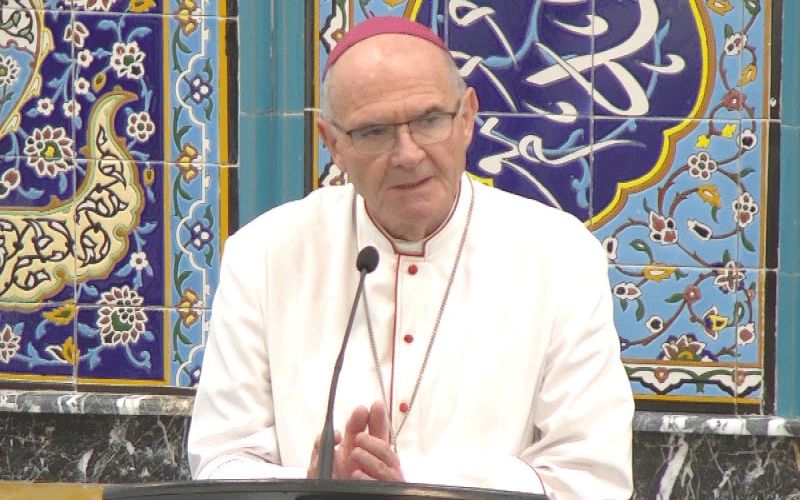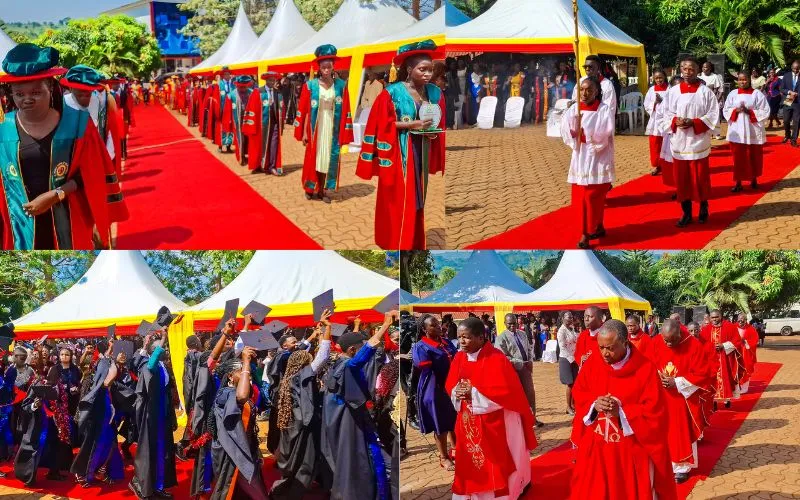Cape Town, 04 June, 2020 / 4:30 am (ACI Africa).
Days after two Local Ordinaries in South Africa announced the postponement of the reopening of churches in their jurisdictions, the Archbishop of Cape Town has also made a similar announcement, saying it is unwise to gather amid increasing COVI-19 infections in the country.
“After a great deal of discussion, dialogue and seeking advice, I believe it is unwise, at this time, to open our churches for public worship,” Archbishop Stephen Brislin of Cape Town says.
In his Wednesday, June 3 statement seen by ACI Africa, Archbishop Brislin says that “the trajectory of the Covid-19 virus in South Africa is still upwards. The recommendation is usually that the infection rate should be going downwards before lockdown restrictions are eased.”
South Africa has has recorded at least 35,812 COVID-19 cases, 17,291 recoveries, and 705 related deaths.
In a televised address to the nation May 26, President Ramaphosa announced that places of worship in the country “may reopen under strict conditions” during lockdown Level 3 on 1 June, with a 50-person congregation or less, depending on available space.








